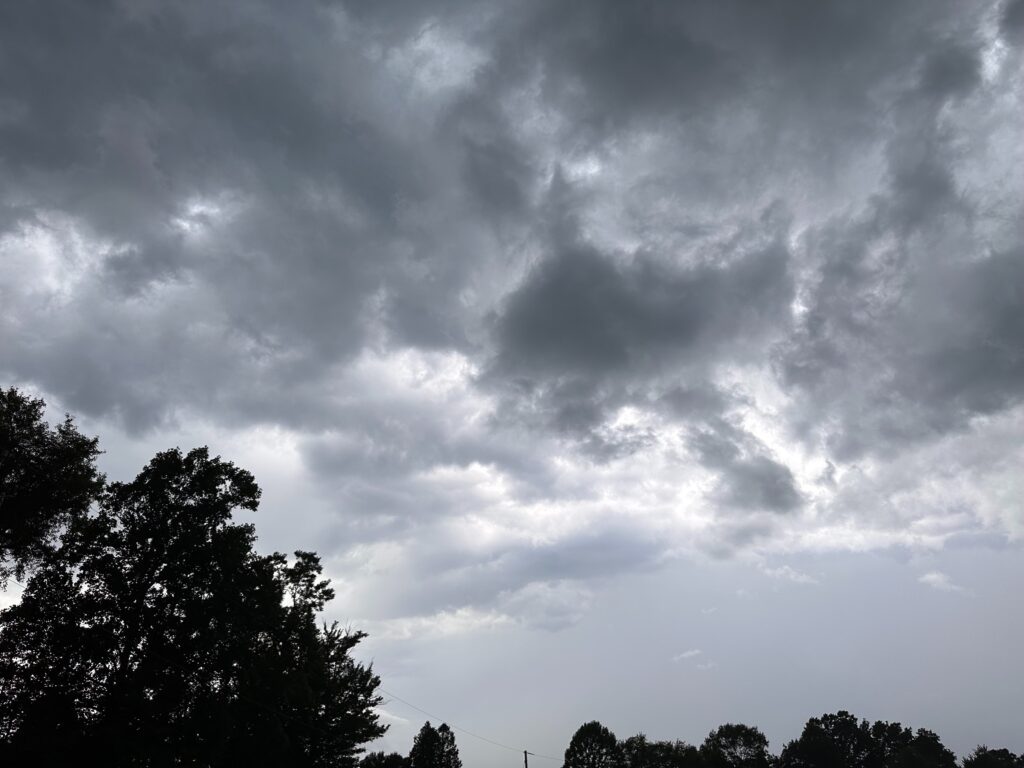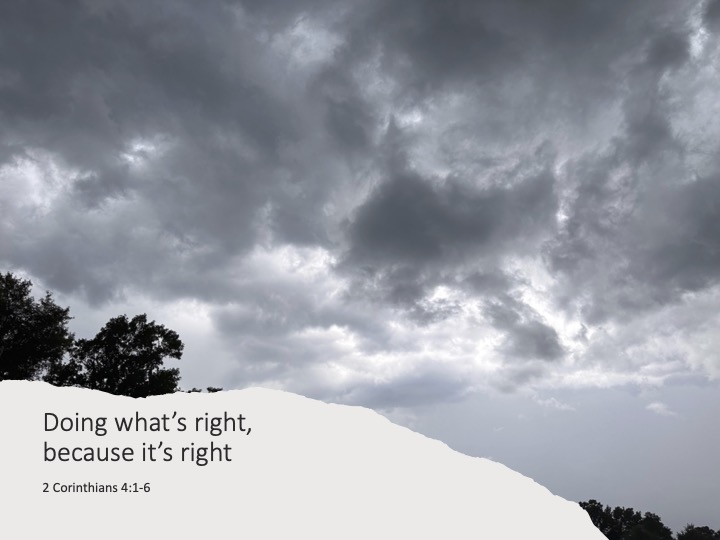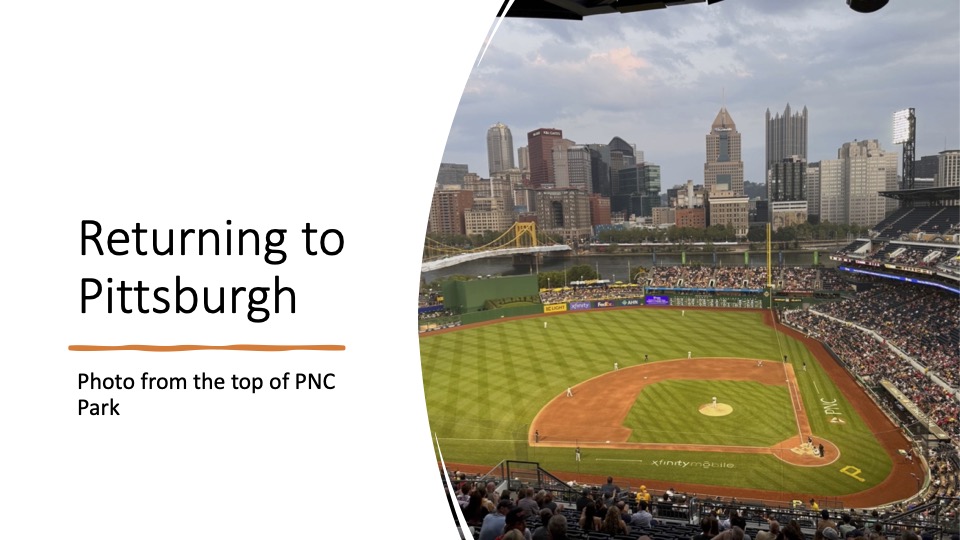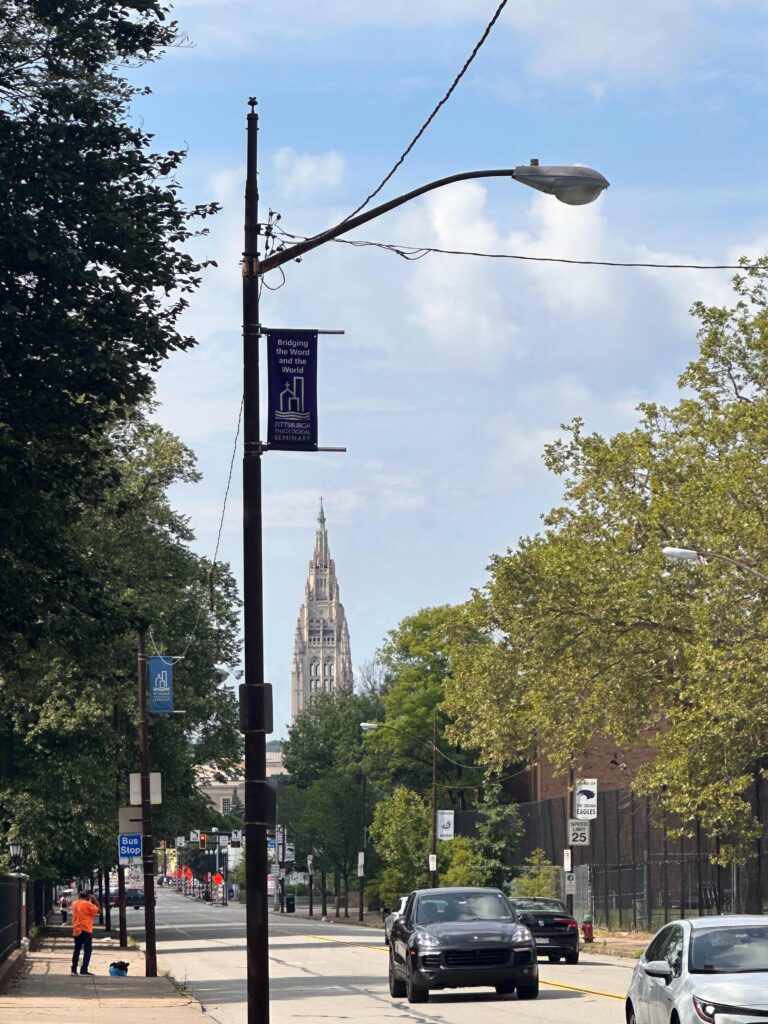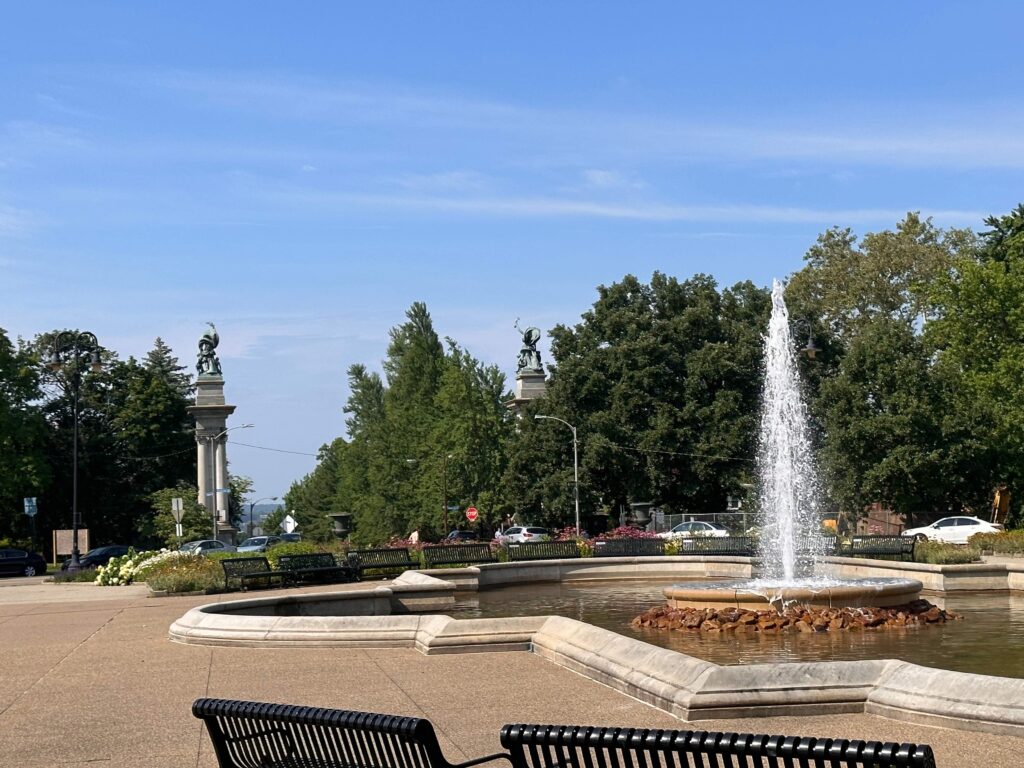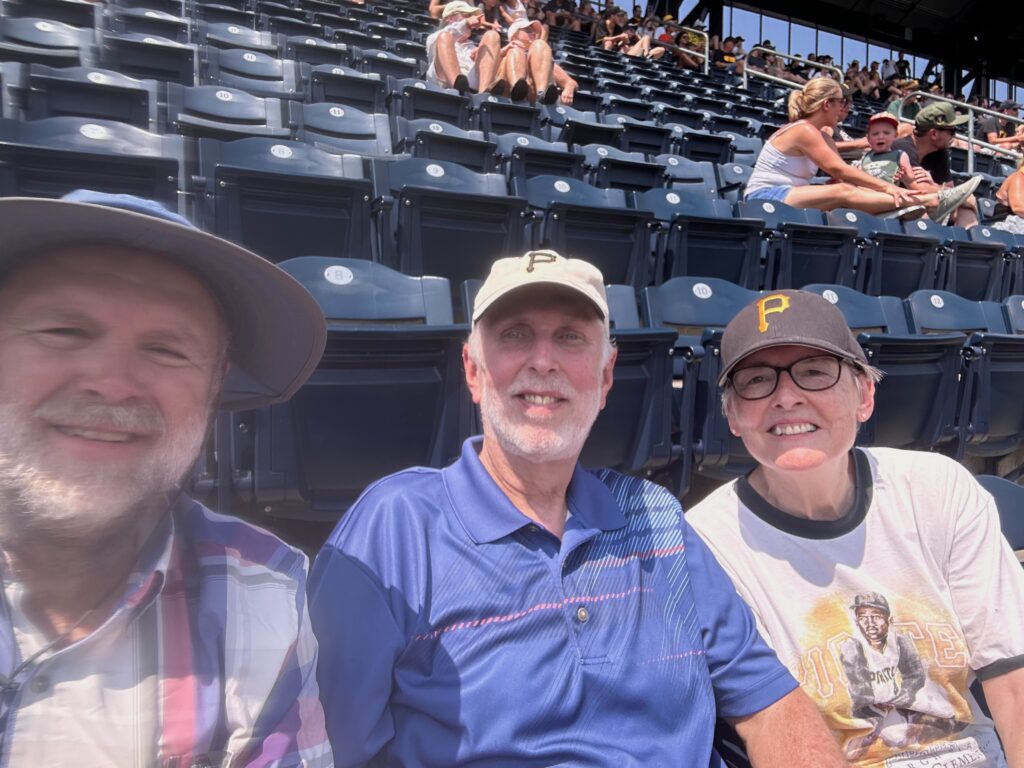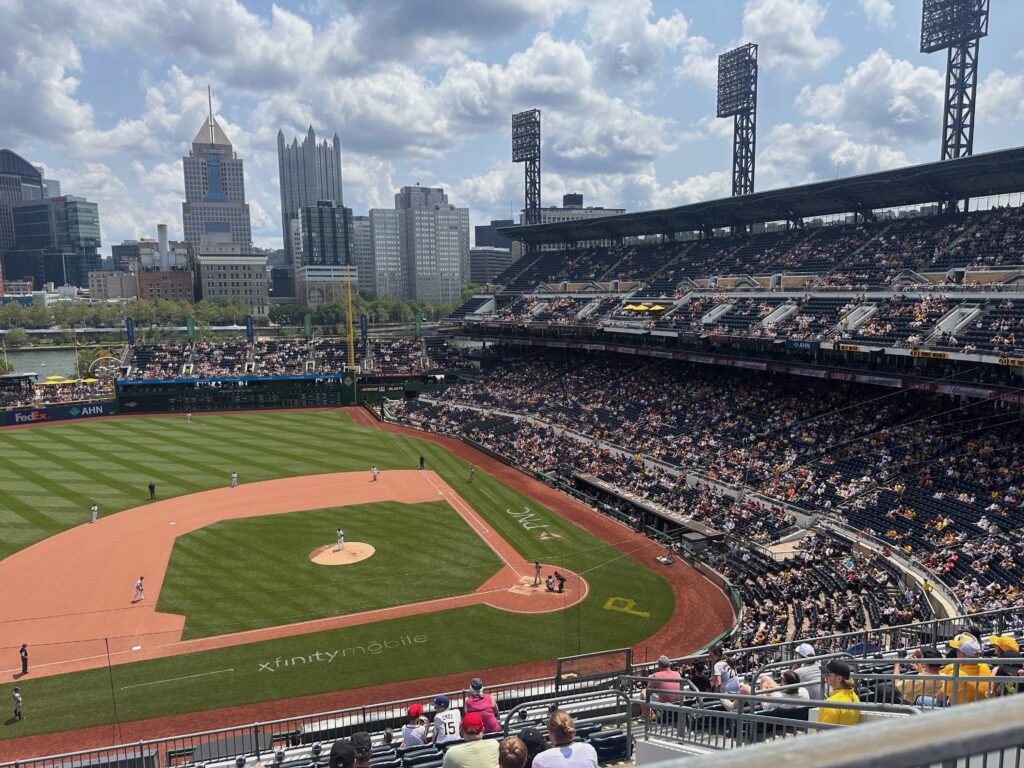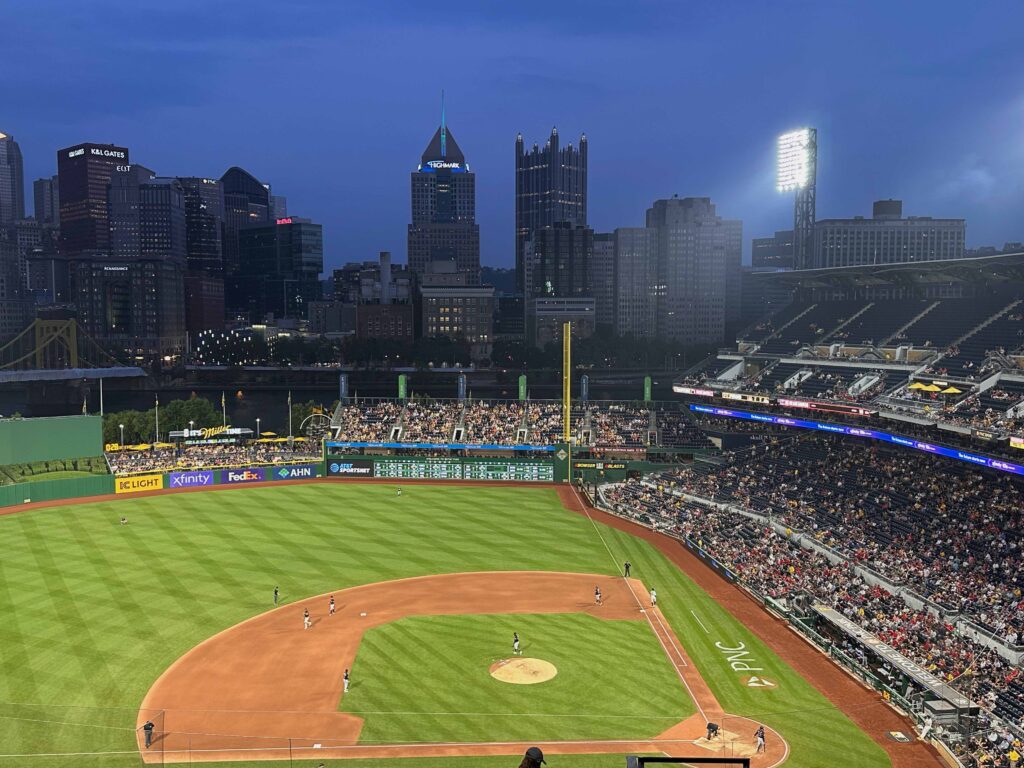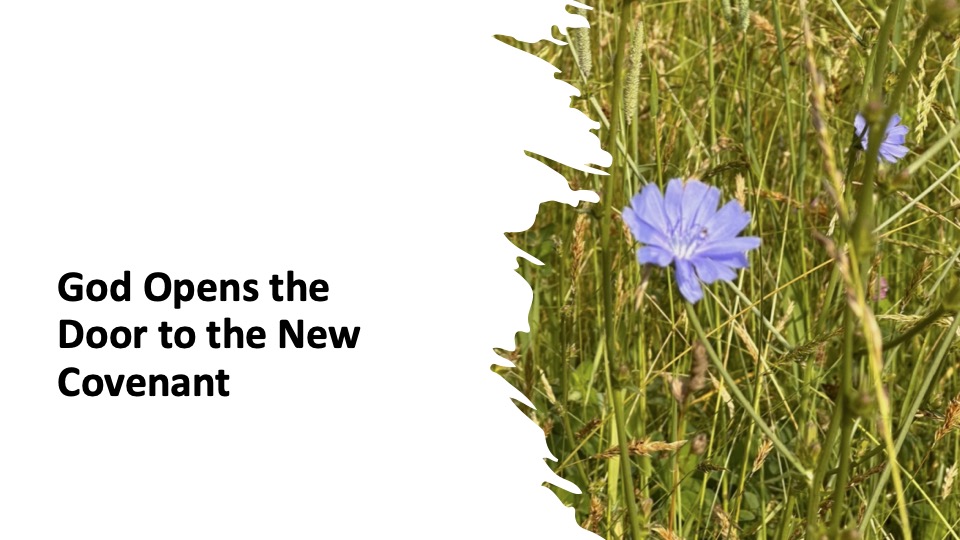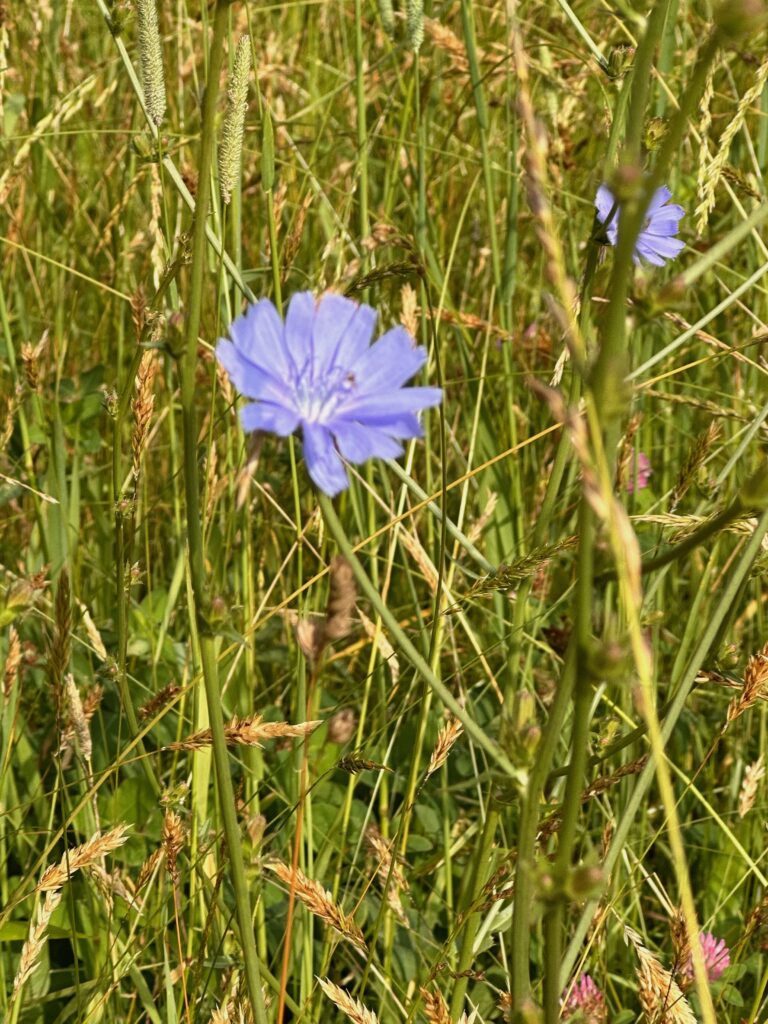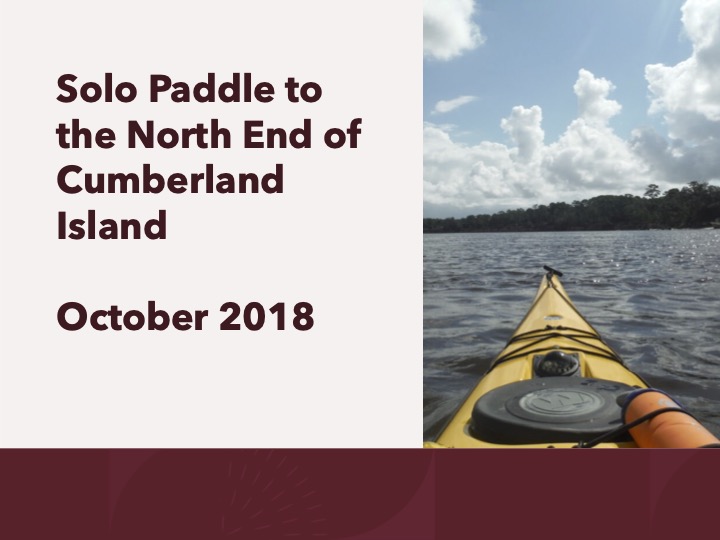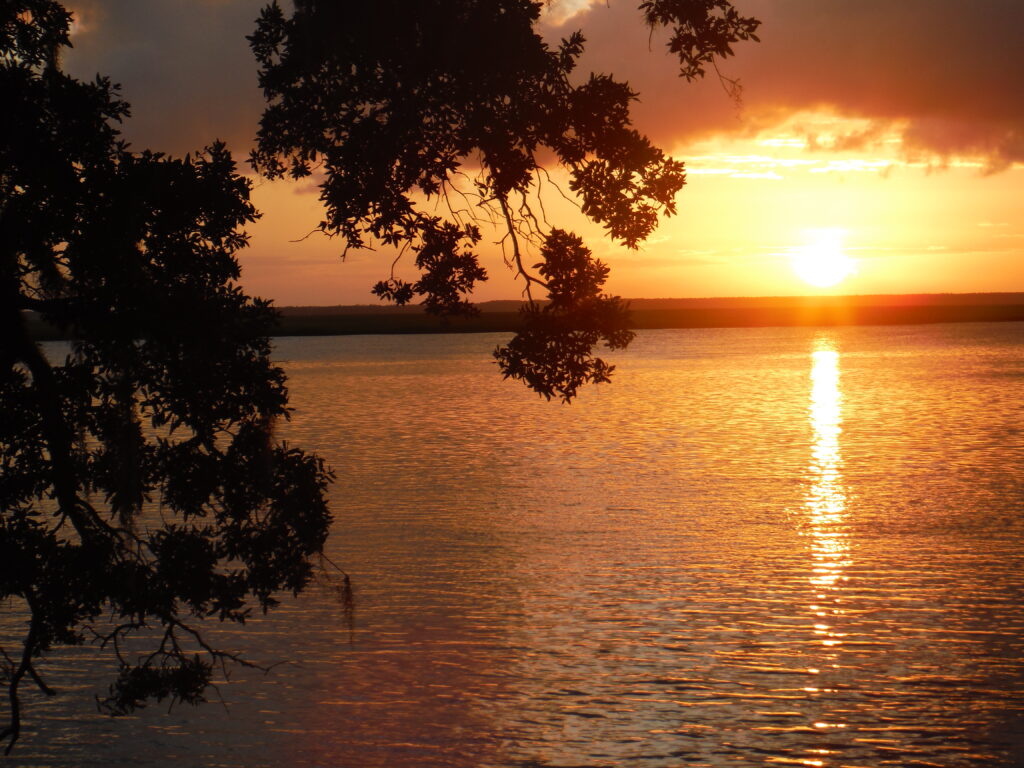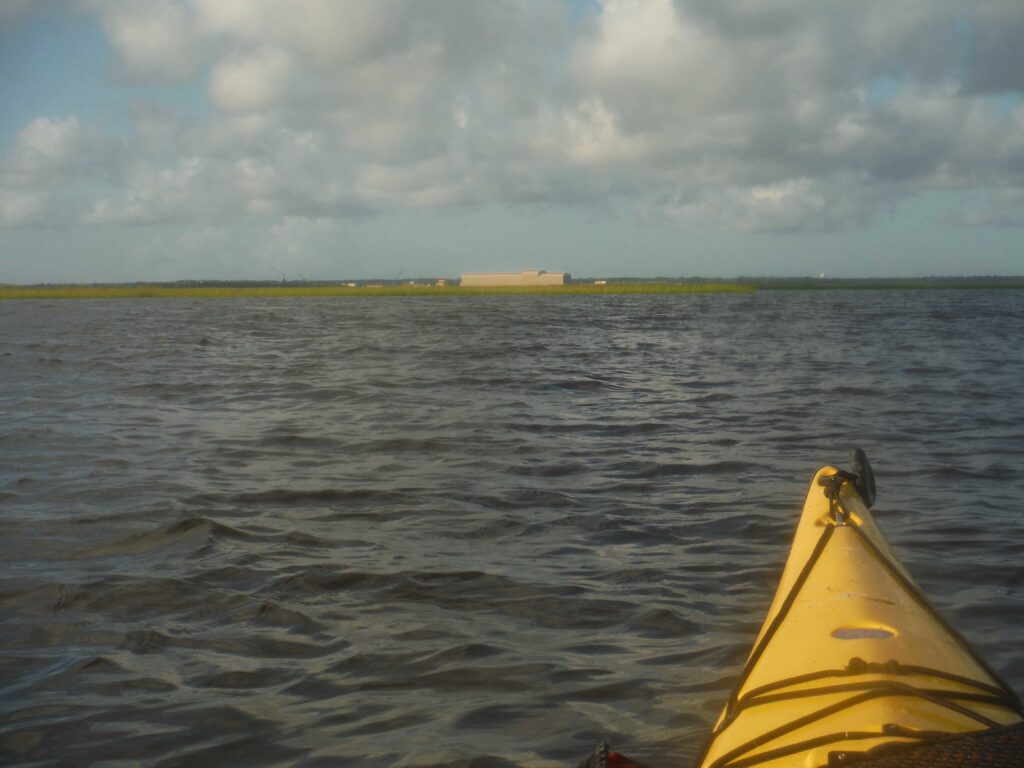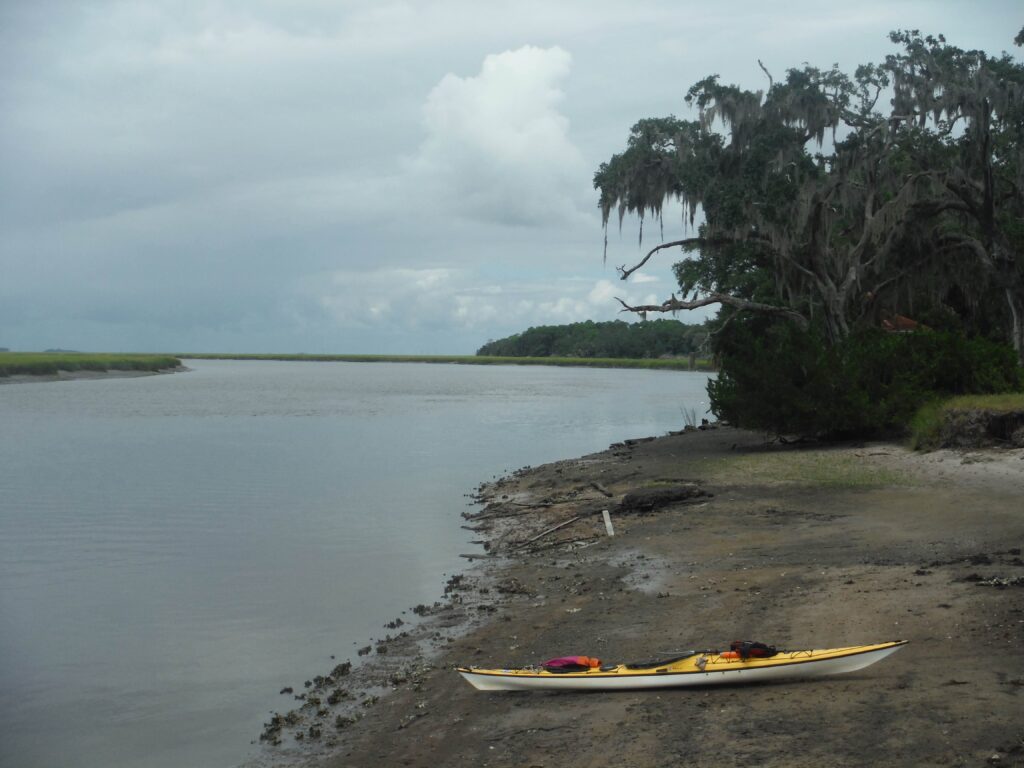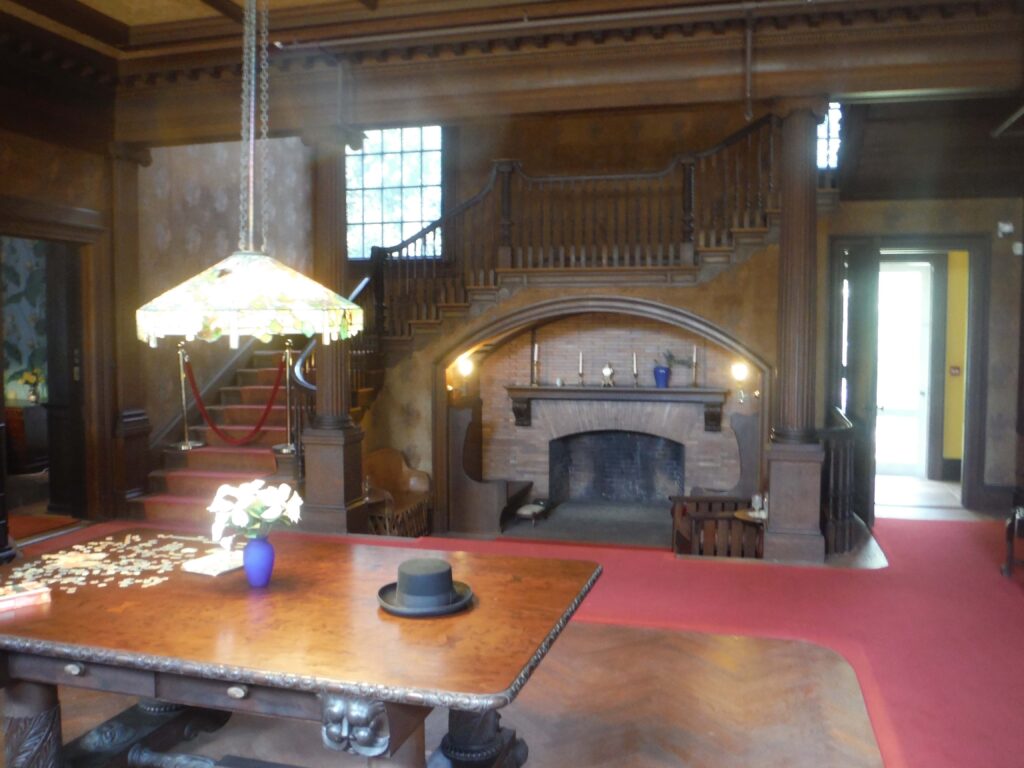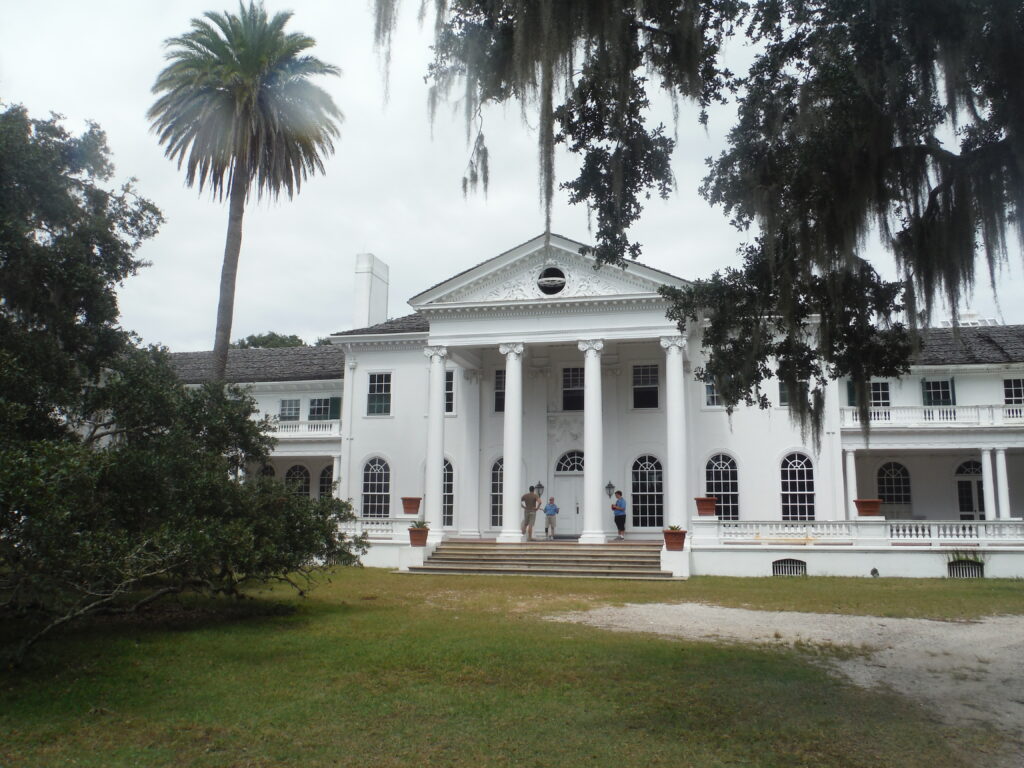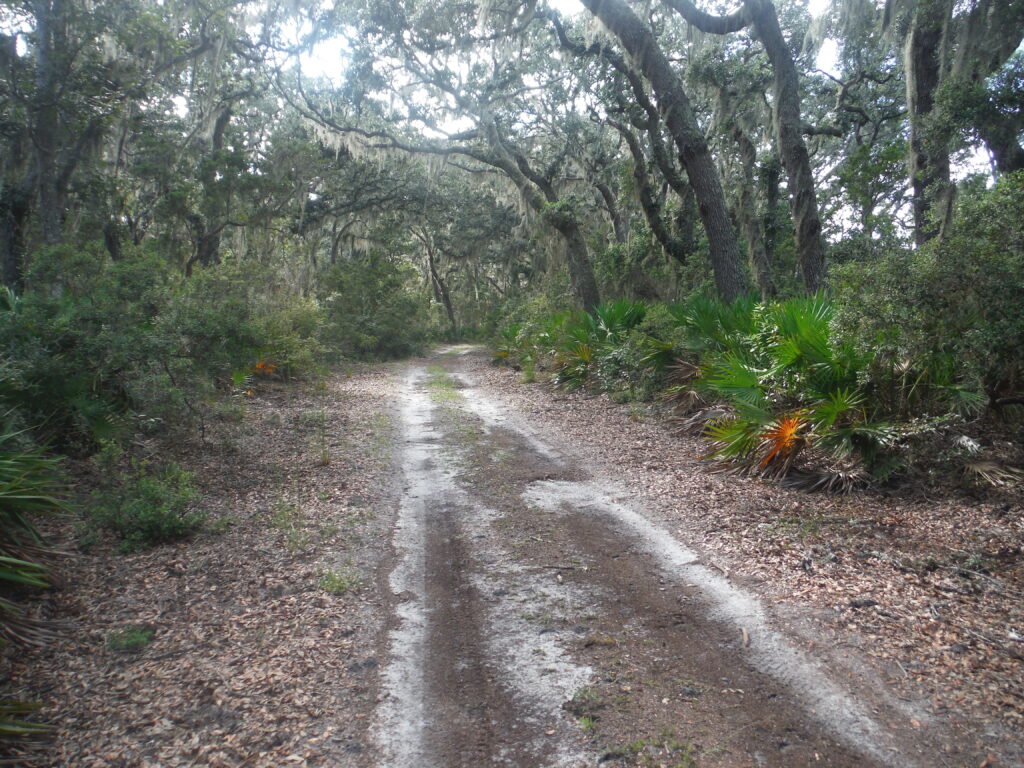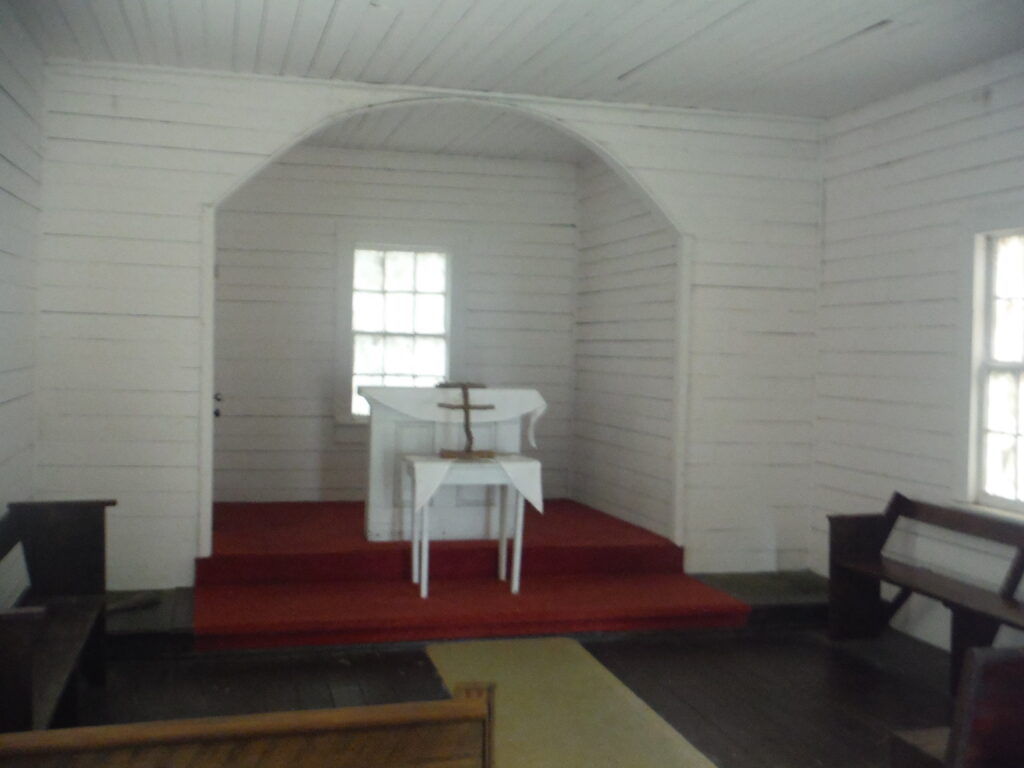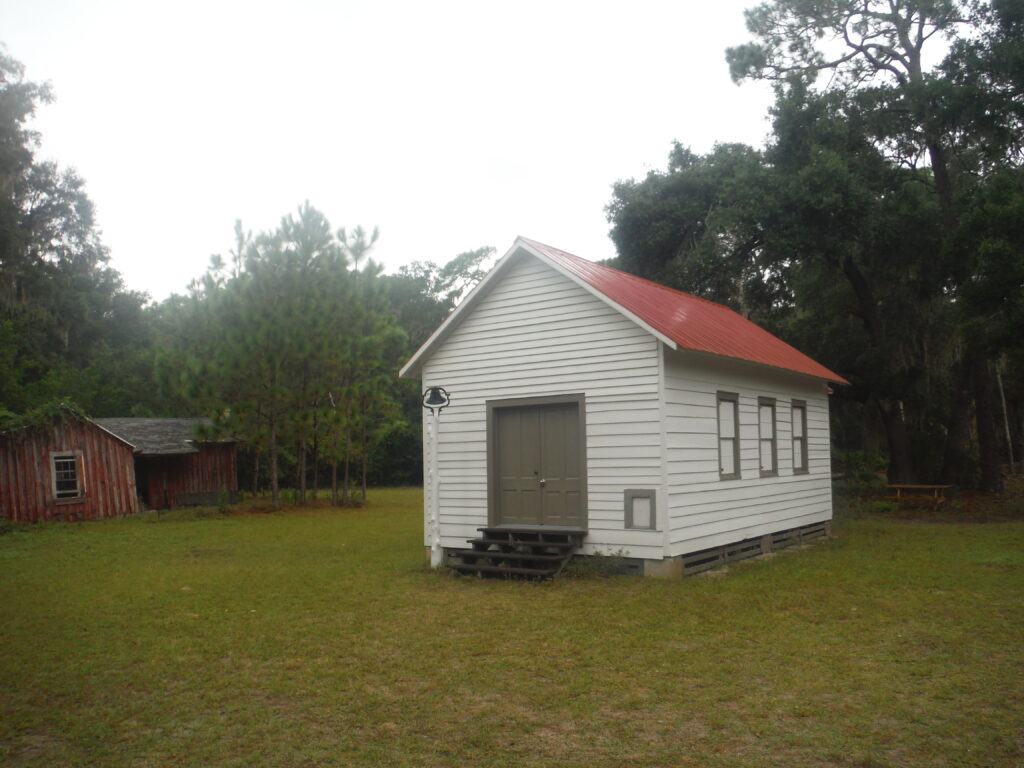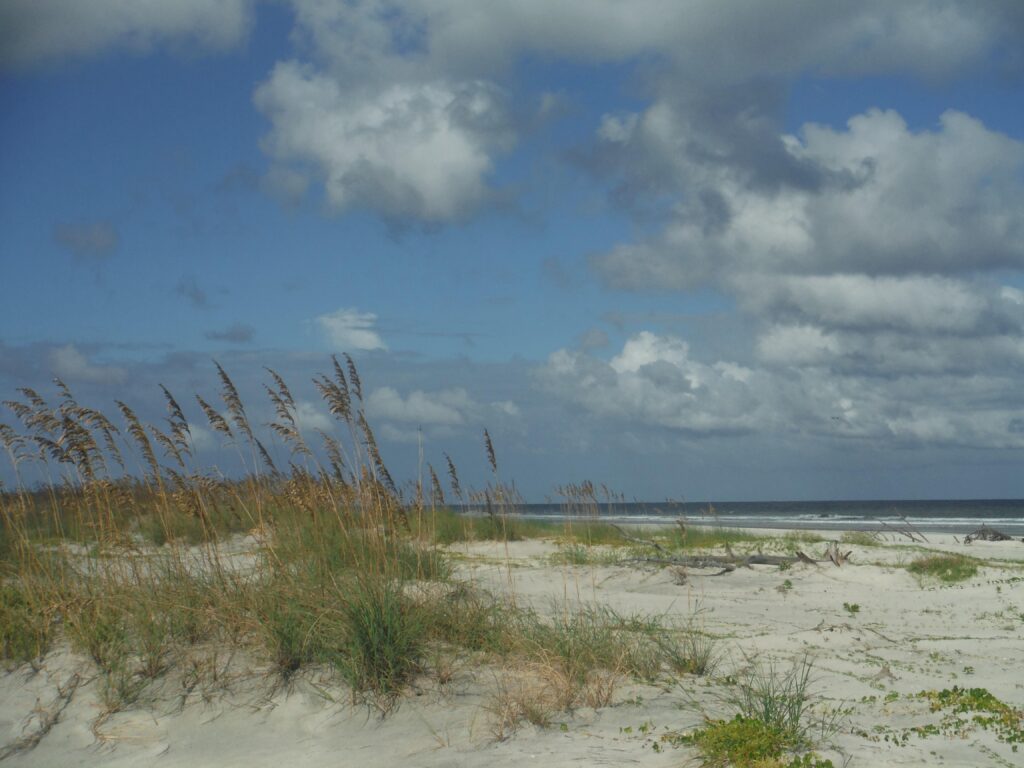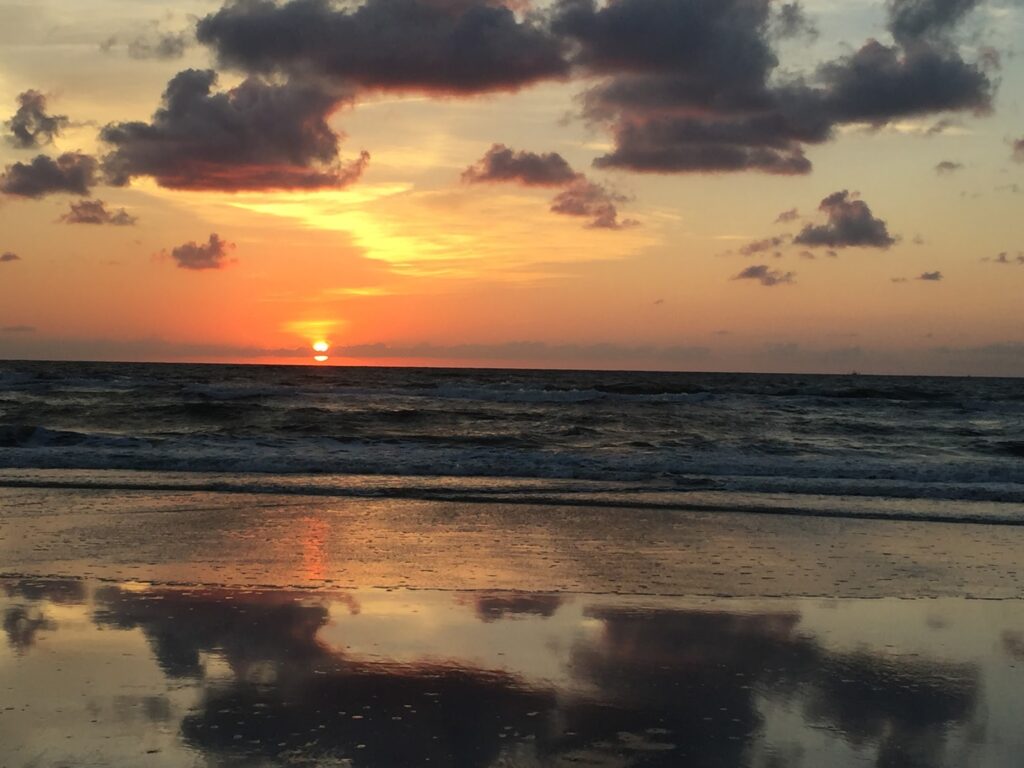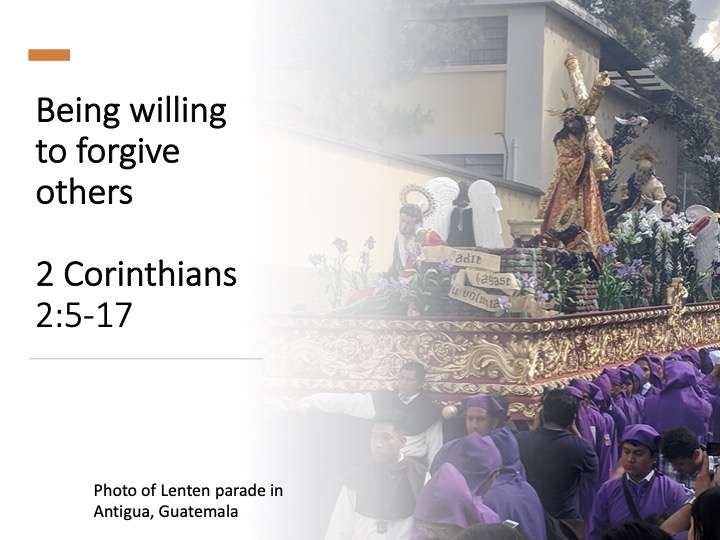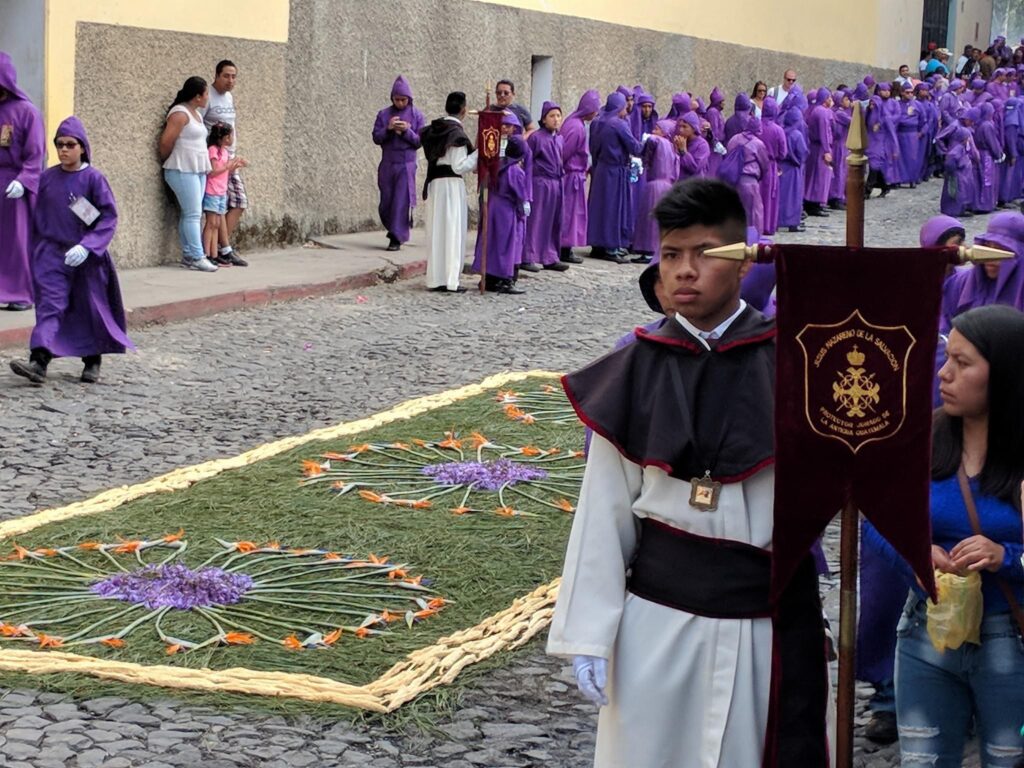Jeff Garrison
Mayberry & Bluemont Presbyterian Churches
July 30, 2023
2 Corinthians 4:1-6
At the beginning of worship:
Does the end ever justify the means? It’s an ethical problem that can be improperly applied to the Christian life. If we believe the purpose of the gospel is to save people from burning in hell, we might assume whatever we do, including coercion, is acceptable. After all, who wouldn’t want to keep people from experiencing such a horrendous fate.[1]
But such an assumption is wrong. First, the gospel is about the glory of God. Jesus never told anyone to believe in him order to avoid hell. In fact, when Jesus discussed hell, he tended to address the self-righteous and hypocritical religious leaders, not unbelievers. Second, while God has called us to be messengers of the good news, we must understand God is in control. Not us. We live out the gospel trying to glorify God in our lives. That’s what we’re to be about, the glory of God. So, we must be careful of compromising our morals to achieve some goal we make up for ourselves. We must be honest in all our dealings, as Paul outlines in the text we’ll deal with this morning.
Before the reading of the Scripture:
Three Sundays ago, preaching from the third chapter of Second Corinthians which is essentially about election. We saw how Paul contrasted his ministry with that of Moses. The law given to Moses has condemned humanity. But in Jesus Christ, God offers us a new covenant, one based on grace, the covenant Paul proclaims to the gentiles.[2] In our reading today, Paul continues to refute those who have discredited him, reminding the Corinthians of the purpose behind his ministry, one to which he’s been called by God.
Read 2 Corinthians 4:1-6
Playing Good Samaritan
One hot summer day when I was working for the Boy Scouts in eastern North Carolina, I was driving between Chadbourn and Fair Bluff. I had a lunch meeting with some Scout leaders there. On the way, I came upon a large snapping turtle sitting in the middle of Highway 76. Obviously traumatized, the turtle snapped at passing cars and trucks. Soon, if it didn’t get off that hot asphalt, it would be flattened or cooked. This turtle was a big boy, 3 feet long and two feet wide.
Thinking I’d be the Good Samaritan, I pulled over. When there was a break in traffic, I walked up to the back end of the turtle. The turtle retreated inside his shell. Then I began to push. You’d think the turtle would appreciate my efforts, wouldn’t you? But no. As I pushed, suddenly his head lunged out and behind, snapping within inches of my arm. I had no idea he had that long of neck and began rethinking my good deed. His bite would have done some serious damage to my arm.
About this time, a man in a pickup stopped and out of the bed of the truck pulled out a long 2×6. We each took an end and dragged the turtle safety off the highway. The huge brute quickly made his way down into the ditch and disappeared.
Punished for doing Good
Have you ever done something good for someone only to be snapped at? Of course, the turtle snapping at my arm didn’t know any better. But when we try to help others and they turn on us, it’s painful. This is especially true for people, who, unlike the turtle, should know better. But such an experience is common in ministry.[3]
A congregation financially helps a parishioner going through tough times and afterwards he or she finds another church and criticize their former home. I’ve seen that happen many times. But just because it happens, doesn’t mean we shouldn’t help. It’s the risk we take.
Or you go out of your way stand by someone in their troubles, being present with them in court and visiting them in prison, only to have them accuse you of being indifferent and spread lies about you. Again, it happened, but it doesn’t mean I shouldn’t have attempted to help or be a presence in their troubles.
Ministry is about God, not us
Anyone who has been in ministry for any time will have a basket full of such stories to share. It’s enough to make me wonder why we even bother. Of course, the answer is that I, and others in the Christian life, aren’t in it for ourselves. The ministry of the church is not about us. It’s about God, the God who showed us mercy, and who called us into ministry. Therefore, as Paul says, “we do not lose heart.” And let me add, we do what we can and trust God to take care of the rest.
Paul’s Troubles
You know, Paul also had his problems. As I’ve said many times in the sermons on this letter, we only hear one side of the story. We hear Paul’s response, but if read carefully, you get the sense Paul suffers from how others have responded to him in Corinth. Perhaps they charged him with being unhanded or falsifying God’s word as he pointed to Jesus and not to the Law. Or maybe they deceived people by twisting the gospel, and then pointed to Paul as the one in the wrong. But Paul is unfazed. He is not working for the praise of people, but for the glory of God.
3 couplets
Our passage can be divided into three couplets. The first, verses 1 and 2, I just covered. The second, verses 3 and 4, Paul reflects on what he said in the previous chapter where he spoke about Moses’ veil. Now the veil is over those who have been blinded by the god (with a small g) of the world. This is Satan, the one in opposition to the God and Father of our Lord Jesus Christ. Satan doesn’t want us to see the glory of Christ.
But just because he faces opposition, Paul doesn’t give up. He believes in his message. Jesus Christ, raised from the death, is establishing his dominion over all things. In the end, God will work things out for his glory.[4] Until then, Paul will continue to do his job of spreading the message.
In the third couplet, that begins in verse 5, Paul returns to theme that it’s not about Paul, but about Jesus Christ. Paul, by the charges leveled against him, has been forced to defend himself. To do this, he had to talk about himself. But that’s not his message. As one commentor wrote, “Paul again affirms the essence of the gospel: Jesus Christ is Lord.”[5]
Paul was saved by God’s mercy as shown in Jesus Christ. Because of Jesus, Paul finds himself in ministry. Because of this, it’s not about Paul, but about the God who brings light into the world through Jesus. Paul may not always be successful in what he does, but he doesn’t give up. He keeps his eyes on Jesus and doesn’t lose heart.
the Christian Life is not about winning
We, too, are called to live in such a manner. It’s not about winning, for Christ has already won the battle. Through the cross and resurrection, Jesus overcome death and evil. Instead, we’re called to be faithful. The end is not in our hands. God has it under control. We’re to be honest and loving as we trust in God. In living in this manner, we live out the gospel.
Yes, it’s easy to become discouraged when we are disappointed. But think about how disappointed God can become with us. We abandon God and look to ourselves and others for our salvation. Yet, God doesn’t give up on us and we shouldn’t give up on others. Amen.
[1] For more discussion on this topic, see Leslie Newbigin, The Gospel in a Pluralistic Culture (Grand Rapids, MI: Eerdmans, 1989), 173.
[2] See https://fromarockyhillside.com/2023/07/09/6666/
[3] See Ernest Best, Second Corinthians: Interpretations, A Bible Commentary for Teaching and Preaching (Louisville, KY: John Knox Press, 1987), 37. He writes: “Nothing disheartens us more than the accusations of those we set out to help.”
[4] Romans 8:28-29
[5] Best, 38-39.
